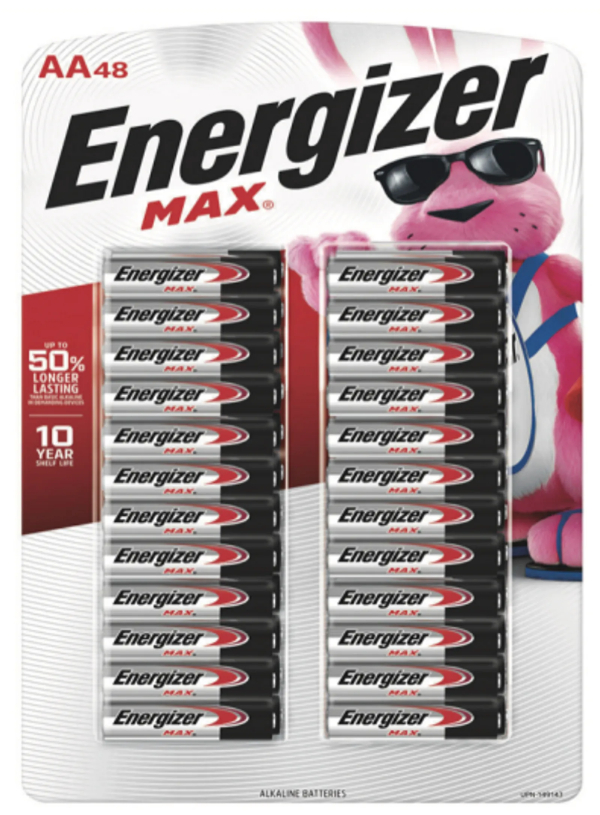Energizer claimed that its AA MAX batteries are "up to 50% longer lasting than basic alkaline in demanding devices." Two California men purchased those batteries based on that claim and later filed a lawsuit against the company alleging, among other things, that the claim is false because the batteries do not last up to 50% longer "than other competing batteries, including, for example, Duracell Coppertop batteries." One of the key questions in the case is how reasonable consumers would interpret Energizer's claim.
The plaintiffs argued that reasonable consumers would understand the claim to mean "that Energizer AA MAX batteries last up to 50% longer than most, if not all, alkaline batteries in most, if not all, devices." In a short unpublished opinion, a three-judge panel with the Ninth Circuit upheld a lower court's order dismissing the proposed class action, holding that the plaintiffs' interpretations of the claims were unreasonable and contradicted what was on the package.
The court noted that Energizer "promises only an upper limit of performance (a ceiling of 50%) compared to a certain category of competitors (basic alkaline batteries) in a subset of applications (demanding devices)." It rejected the plaintiffs' allegations that the disclosure was too small and that it was too vague. On the first point, the court noted that disclosures were not unreasonably small and that they appeared immediately next to the representations they qualified.
Although the court agreed that the disclosure may have been a little vague, it held that "these words are not particularly technical or difficult to understand, and though not exact, they cabin the scope of Energizer's claim in a way that renders Plaintiffs' reading of the advertising unreasonable." In other words, reasonable consumers would not understand the claim to mean that the AA MAX batteries last 50% longer than all competing batteries in all circumstances.
The decision is persuasive authority but, as an unpublished opinion, it isn't binding on district courts. It's important to remember that what messages may be conveyed by an "up to" claim – and what substantiation is required for those messages – will depend on the context. It's also important to remember that both the FTC and NAD have read "up to" claims more broadly in some circumstances and have concluded that consumers expect to achieve the advertised results in "almost all" cases.

The content of this article is intended to provide a general guide to the subject matter. Specialist advice should be sought about your specific circumstances.


